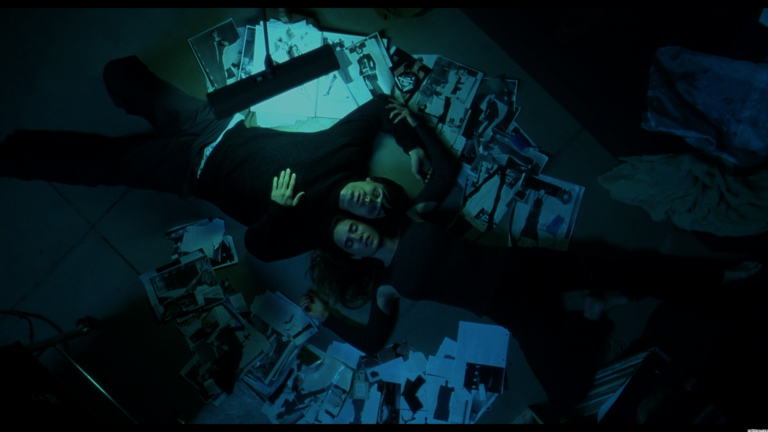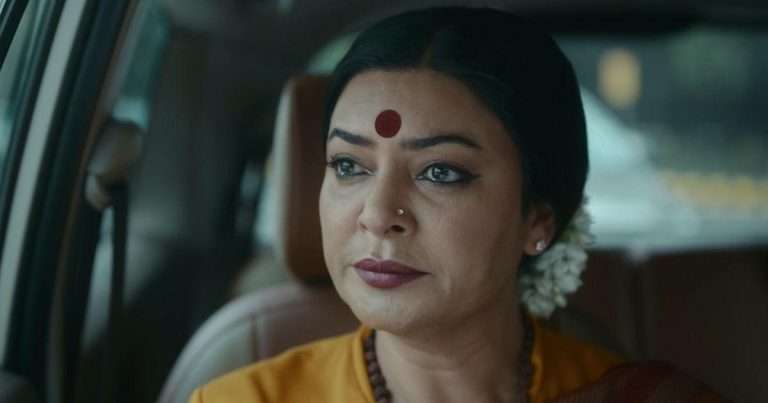The Academy Awards are an institution on the decline. That’s the general trend for award shows in an era where traditional industry validation is becoming less and less important. YouTube has supplanted theaters as the place where people spend the vast majority of their viewing hours, and the ability to record “content” on your phone has shifted the entertainment industry towards low-effort and extra-digestible media. Can a time-honored awards show stay relevant when the films it is supposed to honor aren’t even that popular anymore?
For the longest time, that was the reason that analysts forwarded for the declining viewership that the Oscars have been experiencing over the past few years. In 2014, 40 million people watched “12 Years A Slave” win Best Picture – last year, that number was around 19 million when “Everything Everywhere All At Once” took the stage. If the Oscars want to be relevant again, they’d need to honor more popular movies, which manifested in the idea of the “Outstanding Achievement in Popular Film” award that was proposed and then withdrawn a few years ago after industry backlash.
The Year of Barbenheimer
This year was special, however: 2024 is the year of ‘Barbenheimer,’ after all. If the one-two punch of “Barbie” and “Oppenheimer” was able to salvage the box office and bring people back to theaters, surely those movies would put more butts in seats on the night of the Oscars? Well, yes and no. The 2024 ceremony was the most-watched broadcast of the awards show since the pandemic, but it’s only up 4% from last year. So, more people are interested, but not nearly enough people to rival the heyday of 1998, when 55 million people tuned in to watch “Titanic” sweep every category it was nominated for.
Now, why is that? It’s certainly not the fault of the lineup of movies this year, which is one of the best assortment of motion pictures that we’ve seen nominated at the Oscars for some time. The nominees run the gamut from blockbusters like “Barbie” and “Oppenheimer” to solid genre fare like “Poor Things” to low-budget festival dramas like “American Fiction” and “Past Lives” to an avant-garde arthouse experience like “The Zone of Interest” to more traditional Oscar bait like “Maestro.” The variety of movies here speaks to an industry that’s healthier than it’s been since the pandemic – superhero movies are on the decline, and a broader variety of cinema is taking charge once more.
Honestly, this was one of the most entertaining Oscar ceremonies in recent memory. While Jimmy Kimmel made some groan-worthy jokes as the host (I was not, shall we say, very taken by a naked John Cena and more alcoholism jokes courtesy of Kimmel’s side-kick Guillermo), there were some quite funny moments that arose when weirdo artists took the stage. It’s nice when the filmmakers being honored show some genuine personality in their presentations.
Take, for example, the wonderful moment when the team behind “Godzilla Minus One” came on stage to accept the award for Best Visual Effects. The filmmakers were all carrying Godzilla toys that they fumbled when handling their golden statuettes, and that’s not to mention the Gojira-themed shoes they wore to the red carpet. It was a scene of heartwarming earnestness and joy, undercut only by the stage band attempting to play Takashi Yamazaki off towards the end of his speech (he might’ve been better served to appoint a translator, but that didn’t take away from the joy in his delivery). When you see the humans behind your favorite films, and they appear interesting, you want to learn more. That’s what the Oscars should be all about.
The filmmakers that emerged victorious were pretty solid picks, too. “Oppenheimer” swept the major categories it was competing for, and that was certainly well-deserved (in my opinion). Best Score, Best Editing, Best Cinematography, Best Supporting Actor, Best Actor, Best Director, and, of course, Best Film. That’s seven wins from thirteen nominations – not too shabby. The speeches were quite well-prepared as well, with Nolan speaking eloquently about how cinema is still quite a young art form and has tremendous untapped potential. Robert Downey Jr. also got the spotlight, winning big in a role that audiences have been wanting to see him in for years.
“Poor Things” came in second, with four wins, followed by The Zone of Interest with two. One of the pleasures of watching the Oscars live is the surprise element – you want to be surprised, but you also want the winner to be deserving. The vast majority of the awards in 2024 went to the most deserving nominees (i.e., the filmmakers behind “Oppenheimer”), but very few of the categories packed both genuinely deserving winners and surprises. It’s not fair to hold the awards to that standard since the winners obviously can’t be calibrated in that way, but that’s what the ideal Oscar viewing experience is.
For my money, the best win of the night was Best Sound for “The Zone of Interest,” which beat out the seeming favorite “Oppenheimer” with its truly outstanding use of sound. “Oppenheimer” might have the more extravagantly produced soundscape, but it doesn’t push the boundaries quite like Tarn Willers and Johnnie Burn did with their work in Jonathan Glazer’s film. In fact, I feel that “The Zone of Interest,” undoubtedly the most experimental movie in this year’s lineup, could have stood to win a few more awards. And that’s partly due to its director being one of the few filmmakers in attendance who actually appreciates his role as an artist in today’s world.
The Oscars were nearly disrupted by pro-Gaza protests taking place outside the venue – traffic kept many of the attendees on the road for longer than they were expecting. Many of the attendees of the event were wearing pins calling for a ceasefire in the ongoing occupation of Gaza, including Ramy Youssef, Mark Ruffalo, and the stars of “Anatomy of a Fall” (winner for Best Original Screenplay). Even so, many of the awards being handed out felt remarkably tone-deaf, considering the fervor surrounding this incredibly pressing humanitarian issue.
Maybe that’s why some of the winners felt so pathetic as they took the stage. When you’re being honored for making a film called “War is Over,” and you don’t speak out against an ongoing conflict that’s one of the most one-sided and destructive wars in modern history, you’re betraying the spirit of the art that you made. That’s almost certainly one of the reasons behind the declining popularity of the Oscars – the entire ceremony feels like an out-of-touch meeting of the ruling elite, by and large devoid of humanity. Who cares if a multi-millionaire gets handed a gold statue? In the face of the misery that’s ongoing in so many different parts of the world, the Oscars feel like a frivolous excess – absolutely unnecessary.
Jonathan Glazer’s Important Oscar Speech
The only person who really used their platform to make an empathetic statement was Jonathan Glazer. “Right now, we stand here as men who refute their Jewishness and the Holocaust being hijacked by an occupation.” The weight of this statement, considering the context, is remarkable: a Jewish filmmaker who was being honored for making a film about the Holocaust refused to let his art be misconstrued as anything but an indictment of inhumanity. Glazer was the one winner who felt connected to the present, to the world at large – with his statement, he reminded viewers of what was really at stake. The awards don’t matter; the message does, and you had better not get it twisted.

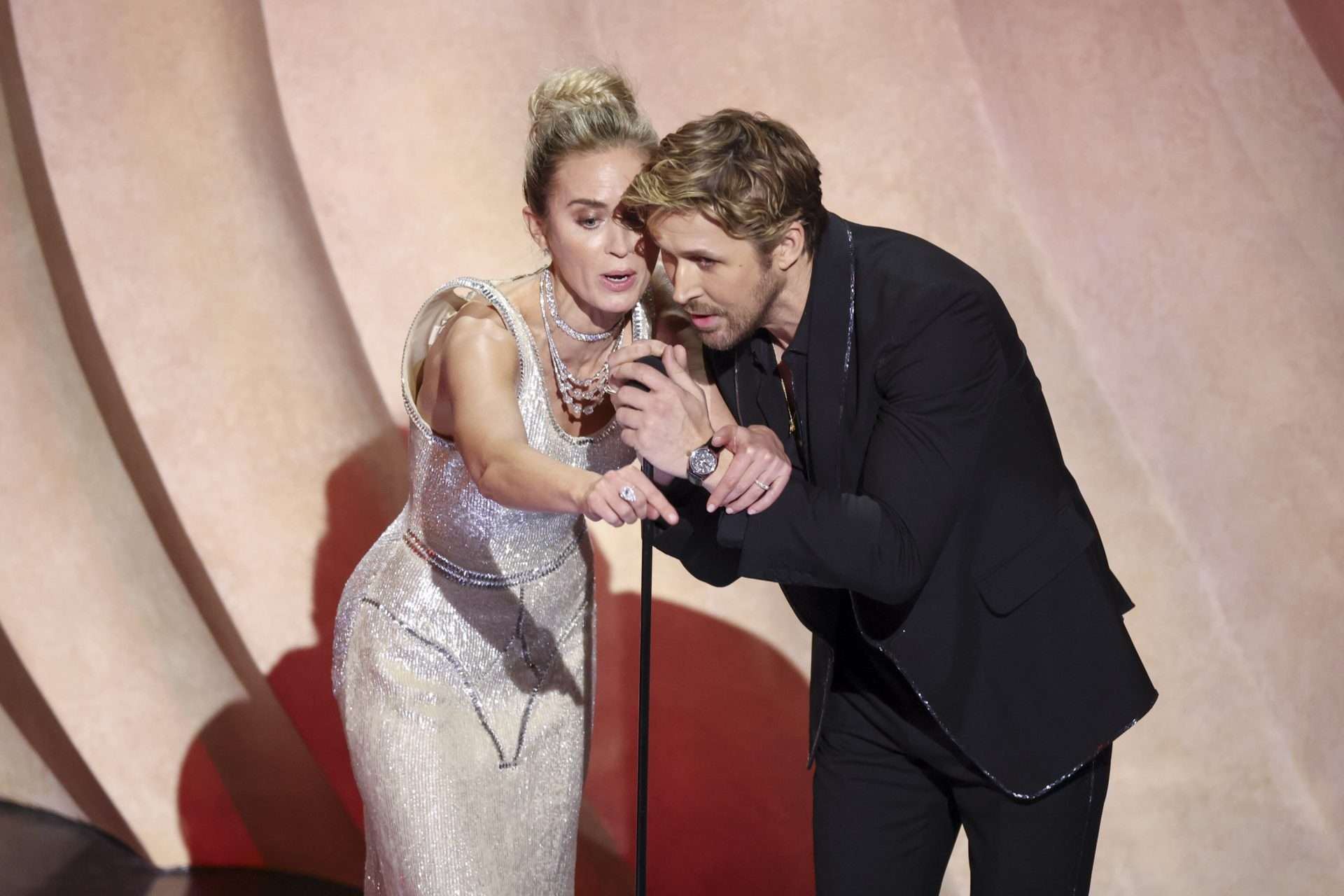
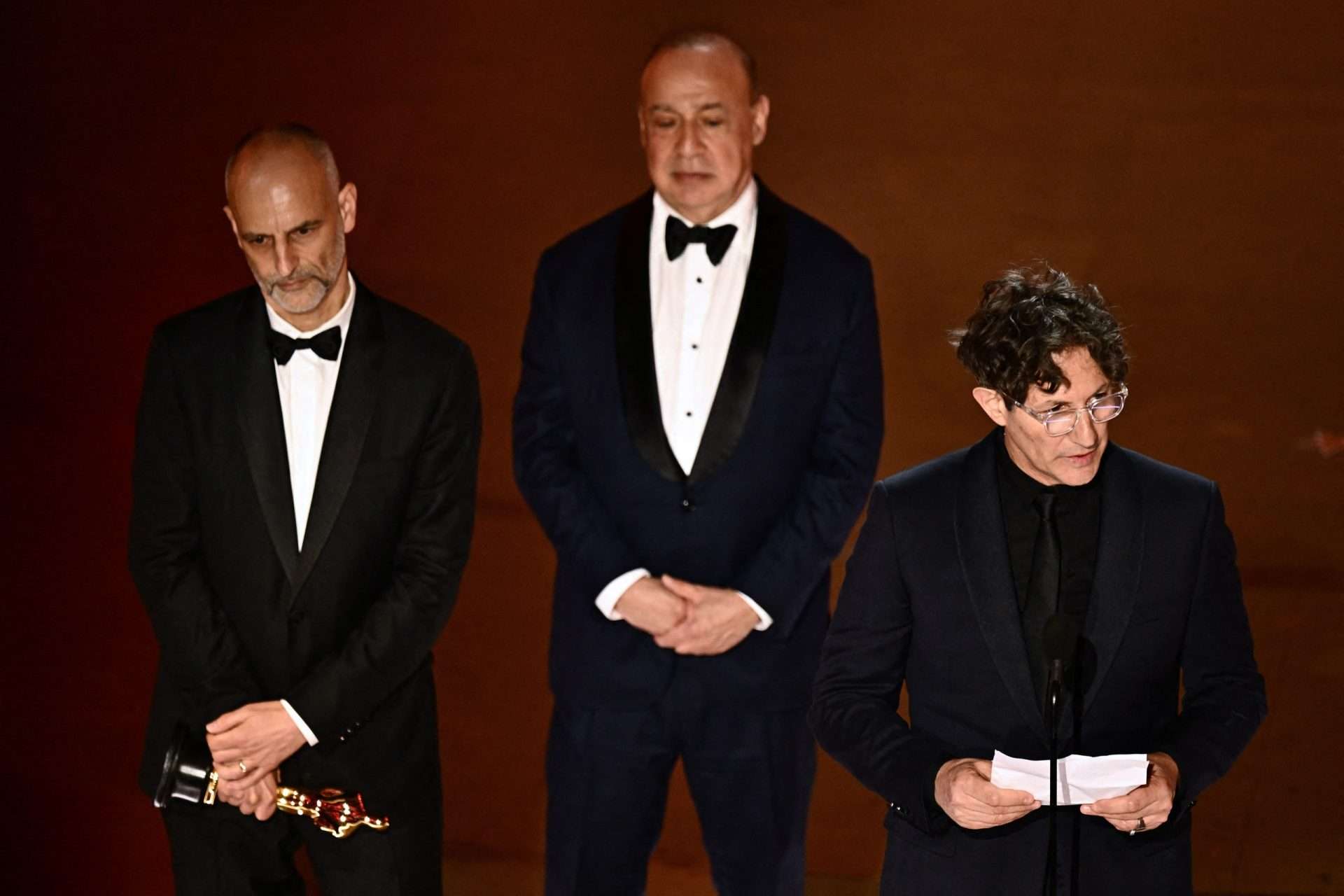
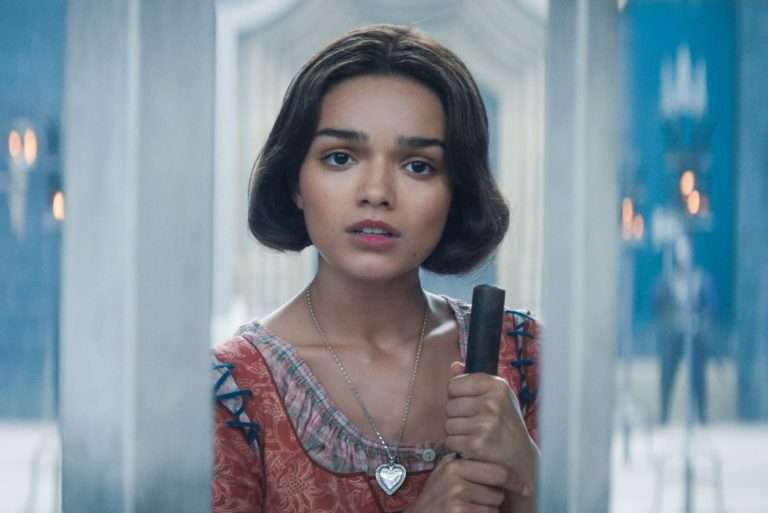
![Midnight Cowboy [1969]: Castaways on the Streets](https://79468c92.delivery.rocketcdn.me/wp-content/uploads/2017/07/Midnight-Cowboy-768x419.jpg)
